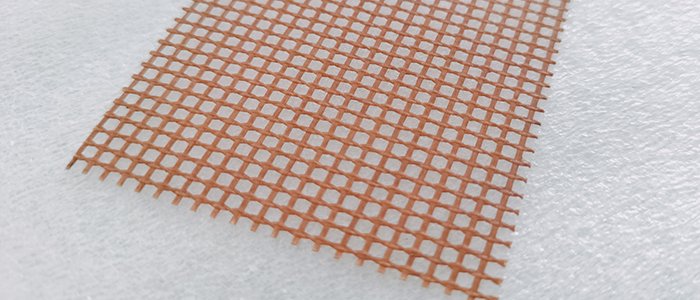The use of filters in casting is a crucial link in improving the quality of castings. The reasons why filters are needed in the casting process are as follows:
- Remove impurities: Filters can effectively remove impurities in molten metal, such as oxides, sulfides, inclusions, etc., thereby improving the quality and performance of castings.
- Improve surface quality: Filters can help reduce the formation of defects such as bubbles and sand holes on the surface of castings, and improve the surface quality and finish of castings.
- Extend mold life: Filters can reduce the erosion and damage of impurities in the metal to the mold, thereby extending the service life of the mold.
- Uniform lubrication: The flow of metal can be better controlled through the filter, making it more uniform, which is conducive to filling the mold cavity and reducing the occurrence of shrinkage defects.
- Improve the mechanical properties of castings: Filters can effectively remove inclusions in the metal, improve the density and mechanical properties of castings, and reduce the risk of fatigue cracking.
In summary, through the application of filters, defects on the surface of castings can be reduced, the life of the mold can be extended, the mechanical properties of castings can be improved, and the quality stability and reliability of castings can be ultimately guaranteed. The use of filters not only helps to improve production efficiency, but also reduces problems and losses in the casting process. It is an indispensable and important part of the casting process.
But what kind of filters can be used in casting? What kind of filters should be selected for different casting environments? Let us introduce the filters in casting in detail.
The Filters in Casting
Ceramic Foam Filter:
Ceramic foam filter is the most commonly used filter in casting. It is popular in the casting industry because of its three-dimensional filtering effect, heat shock resistance and high temperature resistance.
The basic materials of foam ceramic filters are silicon carbide, zirconium oxide and aluminum oxide.
- Silicon carbide material: high temperature resistance up to about 1560°C, suitable for casting of all copper alloys and cast iron. Whether it is gray iron, ductile iron, shaft body, cylinder body or complex large parts, precision hardware parts, after filtering, the product quality will get satisfactory results.
- Zirconia material: The hot temperature is higher than about 1760℃, which has a significant effect on the production of steel castings. It can make the molten steel fill the cavity more evenly. The molten metal has a higher turbulence tendency during pouring. The turbulence of the three-dimensional pore structure of the zirconia foam ceramic filter is finally converted into a very stable laminar flow.
- Alumina material: Applicable temperature 1250℃, suitable for filtering and purifying aluminum and alloy solutions. It is also widely used in ordinary sand casting such as tide mold casting and permanent mold casting such as automotive aluminum parts casting.
Fiberglass Mesh Filter:
Fiberglass mesh filter for casting is made of high temperature resistant fiber. It has high economic value and is easy to use. Fiberglass filter for casting of different materials can be used for filtering molten metals such as iron, steel, aluminum, copper, etc. It can be made of any material and can also be designed into various cap shapes.
Other Ceramic Filters for Casting:
Honeycomb ceramic filter: Compared with the three-dimensional molten metal filter of ceramic foam filter, honeycomb ceramic filter is a straight-through filter made of cordierite or mullite by extrusion or dry pressing. This straight hole filter design ensures the balance between flow and strength, and effectively removes impurities and slag particles.
Silicon carbide ceramic filter: Here refers to silicon carbide bonded particle filter, which is mainly used for aluminum alloy filtration. Compared with alumina ceramic foam filter, which is also used for aluminum liquid filtration, silicon carbide bonded particle filter can filter more precise aluminum alloy castings. For example, some precision castings. Make outstanding contributions in the field of aerospace.
Conclusion:
Choosing the right type of filter depends on the properties of the metal, casting process requirements and product quality standards. Ensuring the effective application of the filter will help improve production efficiency, reduce problems and losses, and is an indispensable key link in the casting process.
SEFU is a manufacturer and supplier of casting filters. If you need casting filters, please do not hesitate to contact us. SEFU will be your most reliable supplier. We can not only tailor casting filters of different shapes, sizes and pore sizes for you, but also provide technical support for your production process.
- Email: info@sf-foundry.com
- Call/WhatsApp: 8613785803358



